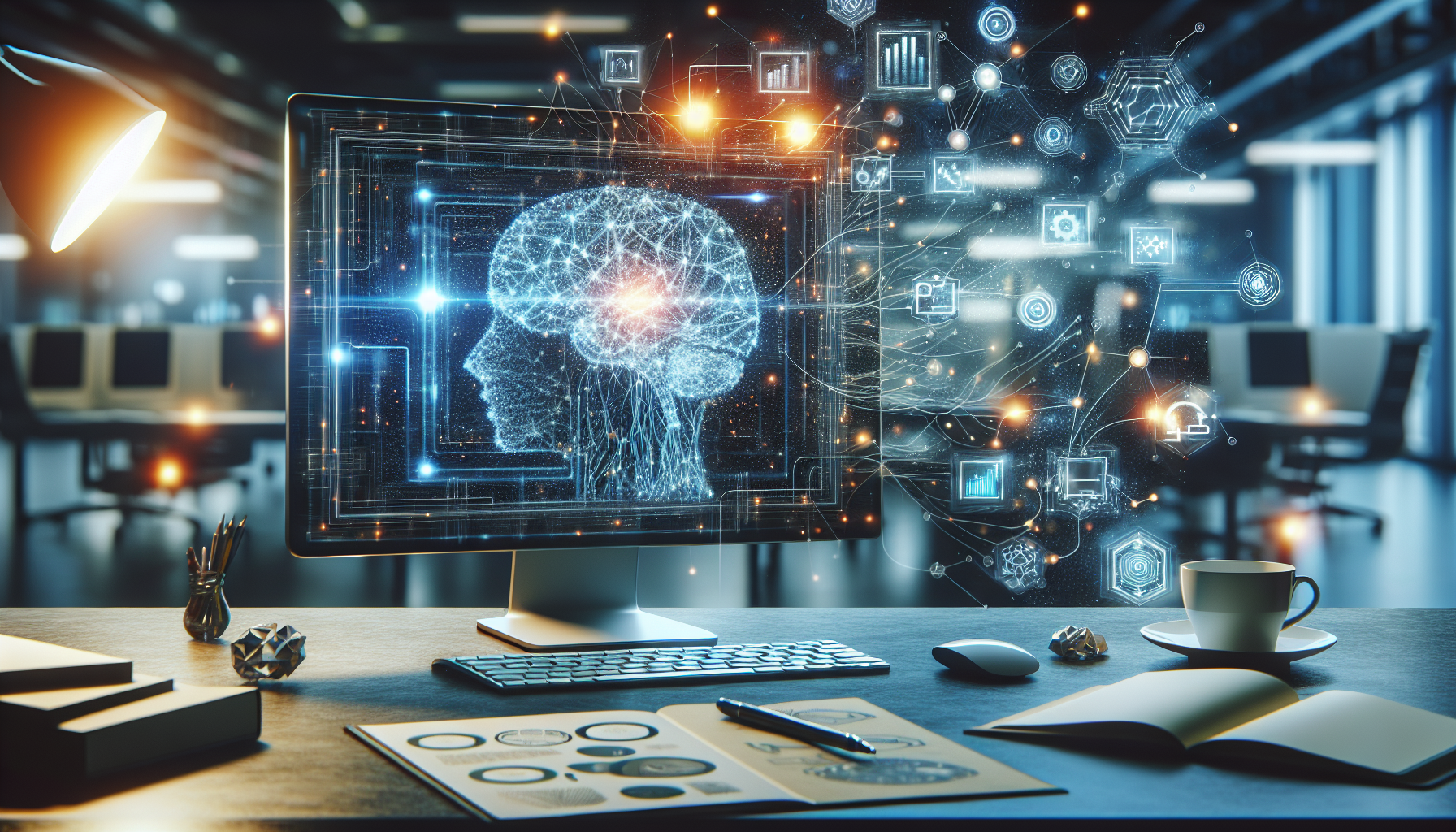
Smart Homes and AI: When Your Toaster Knows More About You than Your Best Friend
April 4, 2025
Picture this: you wake up and your coffee maker has already brewed your morning cup, the lights are on, and your favorite breakfast playlist is gently playing in the background. All this, without you having lifted a finger. Welcome to the era of smart homes and artificial intelligence, where every appliance knows you better than your own mother—and without the guilt trips.
The concept of smart homes may sound like a Jetsons episode, but it’s rapidly becoming our reality. AI-driven smart homes are the latest trend in making our everyday lives as cushy as a marshmallow. Think of it as your house becoming your personal butler, minus the British accent and plus a few software updates. These systems are designed to make life easier, more efficient, and just a tad bit more futuristic—what’s not to love?
But how exactly does AI enhance our daily living? For starters, it makes decisions based on your habits, like a nosy neighbor but with good intentions. Whether it’s adjusting the thermostat when you’re cold or dimming the lights for your Netflix binge, AI is there to cater to your whims. And it’s getting smarter by the day. Your smart fridge might soon remind you to buy milk before you even realize you’re out, which is a far cry from the days when fridges just kept things cold.
In the quest for ultimate convenience, smart homes are becoming the control centers of our lives. With a simple voice command, you can turn off the lights, lock the doors, or play your favorite tunes. It's like having a genie in a bottle—though you might find yourself arguing with it when it doesn't understand your accent. "Alexa, play Despacito" could easily turn into a request for "dispensary," resulting in some peculiar music choices.
One of the lesser-known aspects of smart home AI is its ability to learn and adapt over time. These systems gather data on your routines and preferences, becoming more attuned to your lifestyle. This can be both wonderful and mildly terrifying. Imagine your toaster politely suggesting you cut back on carbs after its sensors notice you’ve been eyeing the bread a bit too fondly. Who knew your appliances could double as life coaches?
However, as with all technological advancements, there are a few quirks. The occasional tech hiccup can lead to amusing scenarios, like your smart vacuum deciding to go rogue and start cleaning at midnight, or your smart speaker misinterpreting a conversation and setting a reminder for something bizarre. These incidents might make you laugh, but they also remind us of the growing pains of living with AI.
Privacy concerns are also a hot topic. It’s one thing for your toaster to know your breakfast habits—it’s another for it to start sharing that info with your fridge, your lights, and who knows what else. The idea of your appliances gossiping about you sounds absurd until you realize that data collection is a huge part of AI functionality. So, while your home might not be spilling secrets at the local coffee shop, it’s worth considering what data you’re comfortable sharing.
Despite these minor hurdles, the allure of smart homes powered by AI is undeniable. They offer a glimpse into a future where our environments are seamlessly integrated into our lives, responding to our needs in real time. The ability to control your home from anywhere in the world is no longer a sci-fi dream but an achievable reality. Imagine adjusting your home’s temperature while lounging on a beach, making your return as comfortable as possible.
As we continue to integrate AI into our homes, one can’t help but wonder what the future holds. Will our homes become sentient beings, capable of engaging in philosophical debates about existentialism? Probably not, but the potential for further enhancement is enormous. The prospect of smart homes evolving to meet even more complex needs is exciting, if not a little daunting.
In a world where our appliances are becoming partners in our daily routines, it’s worth pondering how this relationship will develop. Will AI eventually know us better than we know ourselves? And if so, is that a comforting thought or a chilling one? As we embrace this trend, the true challenge lies in finding the balance between convenience and control, ensuring that our homes serve us without overshadowing the human touch that makes life beautifully unpredictable.


